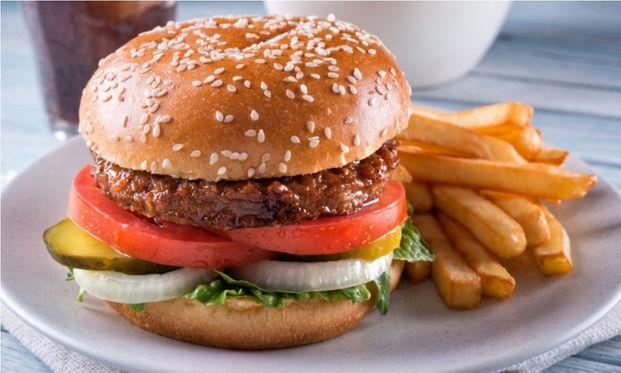What foods can help repair the skin?

1. Sweet potato. Sweet potato contains sufficient β-carotene, which is an important antioxidant that can help the body fight free radicals and slow down free radical aging.
2. Green tea. Green tea is a powerful skin care food. It not only accelerates the body's metabolism, but also contains high concentrations of catechins, which have anti-inflammatory, anti-aging and anti-oxidant properties, and can fight free radicals generated in the body due to sunlight radiation. Green tea also contains polyphenols, which can inhibit the activity of free radicals. Therefore, drinking tea can also prevent skin cancer.
3. Tomato. Lycopene is an important antioxidant, and tomato is one of its best food sources. The redder the tomato, the higher the lycopene content. Studies have found that consuming ketchup can significantly enhance the skin's ability to protect itself from harmful ultraviolet rays, while reducing sunburn and redness caused by sun exposure.
4. Foods rich in vitamin A. Orange and dark green vegetables such as carrots, pumpkins and spinach, Chinese kale, rapeseed, etc. Because the synthesis and repair of the epithelial tissue of the skin is inseparable from vitamin A, if vitamin A is severely insufficient, the resistance of the skin and mucous membrane will be reduced, and the immune function of the mucosa will also decline, causing the skin to feel rough and stick hands, and even the eyes. Dry.
In addition to helping to repair the skin from eating, we also need to protect the skin from the following points:
1. Control the bathing time and water temperature. The temperature of the bathing water is best not to exceed 40 degrees Celsius, preferably 32 to 40 degrees Celsius, bathing at most once a day, not more than 10 minutes each time. Because healthy skin is covered with a thin layer of lipids, if the lipids are damaged, the skin will lose moisture and become dehydrated and dry. Rinsing with hot water will speed up the loss of this layer of oil and make the skin drier.
2. Choose suitable bath products. The composition of the body wash should be as simple as possible. People with skin allergies and patients with eczema and dermatitis are best to choose cleansing products that are hypoallergenic and non-irritating-the pH value should be close to the normal physiological value of the epidermis, simple ingredients, free of fragrances and preservatives, and the amount of cleaning supplies should be appropriately reduced. usage count.
3. Use external emollients after bathing. Ordinary people need to apply the emollient once a day after taking a bath. People with obvious dry skin and sensitive skin need to use the emollient at least twice a day. Because emollients can not only prevent the evaporation of water, but also repair damaged skin, reduce the irritation of external adverse factors, and relieve skin itching.
4. Avoid scratching. Scratching not only damages the skin and is prone to infection, but also repeated scratching for a long time will enter a vicious circle of the more itchy, the more itchy, and the more itchy, the more itchy. If the skin is itchy, you can use emollients to prevent it, or use cold water to wet the compress.
6. Develop the habit of drinking regularly and quantitatively and pay attention to a balanced diet, which will help the skin to maintain a healthy and beautiful skin.
- Industry
- Art
- Causes
- Crafts
- Dance
- Drinks
- Film
- Fitness
- Food
- Games
- Gardening
- Health
- Home
- Literature
- Music
- Networking
- Other
- Party
- Religion
- Shopping
- Sports
- Theater
- Wellness
- News


